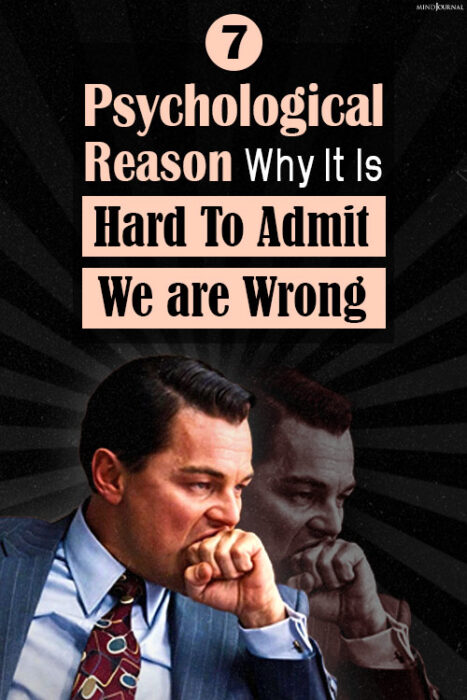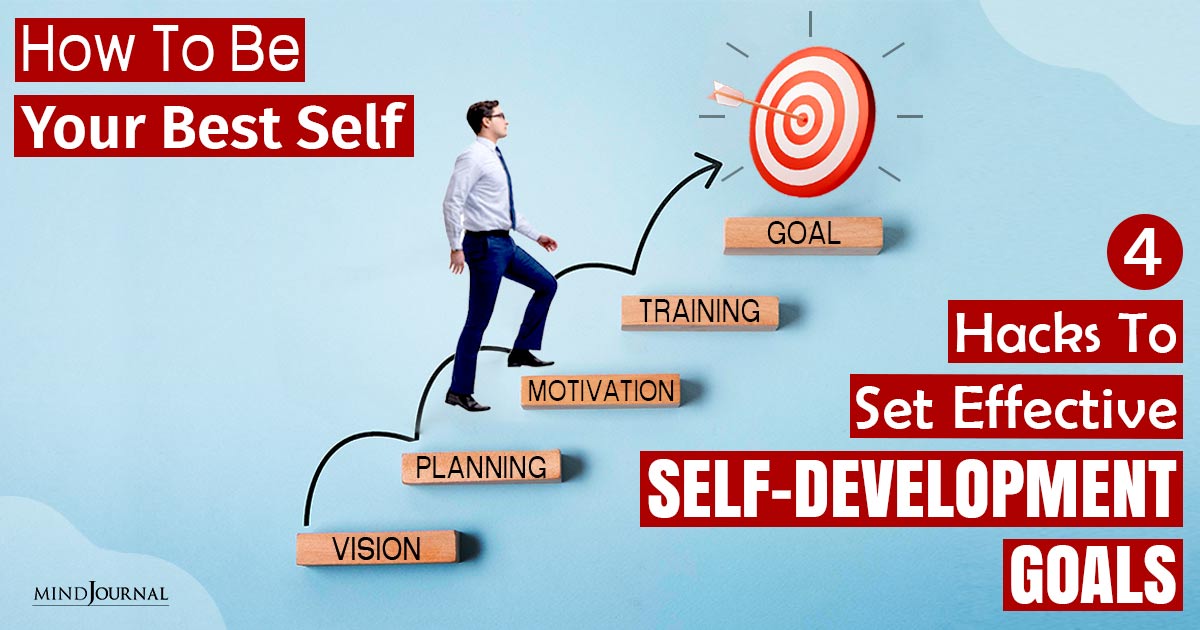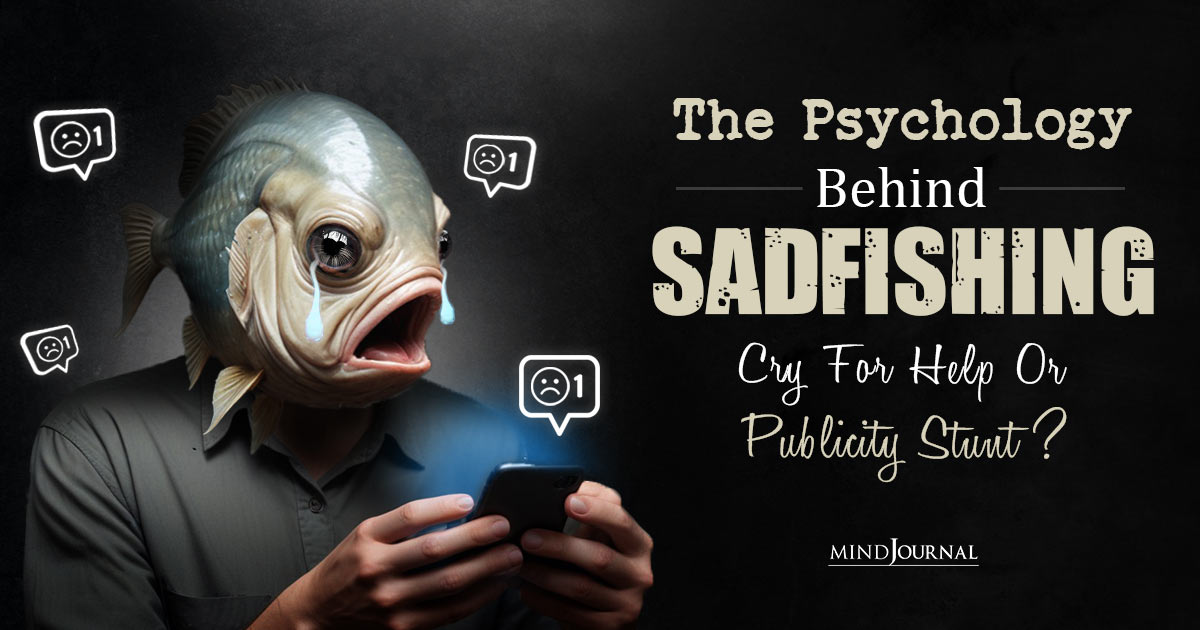Have you ever found yourself in the middle of a heated debate, feeling that gnawing sensation that you might be wrong, but don’t want to admit it? Or maybe you are watching someone double down on their stance, even when all evidence points to the contrary, and wondering, “Why can’t they just say they’re wrong?” It’s a common scenario that plays out in classrooms, workplaces, and even family dinners, leaving many of us puzzled about why it is so hard to admit to being wrong.
Admitting we’re wrong isn’t just about swallowing our pride. For some people, admitting an error feels like a failure on a personal level, thus threatening their self-esteem and identity. Others worry about being judged and what consequences may follow. It’s not stubbornness alone, but this innate fear of exposure and vulnerability that makes it hard to admit to being wrong.

Understanding these underlying factors can help explain why such a simple statement like “I was wrong” can be extremely difficult for many people.
Admitting to being wrong can feel like swallowing a bitter pill, can’t it? But why is it so difficult for us humans to just own up to our mistakes? Let’s see what psychology has to say!
Why It’s Hard To Admit To Being Wrong
As per psychology, seven important factors contribute to why it is difficult or impossible to admit being wrong:
1. Ego Protection
Our egos are like stubborn toddlers—always demanding attention and refusing to be wrong. To admit to being wrong can feel like handing over the keys to our self-esteem and letting it take a joyride off a cliff. Our brains would rather concoct elaborate excuses than risk bruising our frail egos.

2. Fear of Judgment
As social creatures, we are wired to crave acceptance and fear rejection. When we admit we messed up, it means opening ourselves up to judgment and criticism from others. And that can be downright terrifying for some.
3. Confirmation Bias
Ever notice how we tend to seek out information that confirms our existing beliefs? That’s confirmation bias at work. When faced with evidence that contradicts our views, we often reject it or downplay its significance. Why it’s hard for some people to admit being wrong is because it also means admitting that our carefully constructed worldview might be flawed, and that can be hard to swallow.
Read More: I Hate When People Can’t See The Wrong In Their Actions
4. Fear of Consequences
Admitting to being wrong can lead to real-world consequences, such as losing credibility, damaging relationships, or facing punishment. These potential repercussions create a strong incentive to stick to our guns, even if it means perpetuating a mistake. The fear of these outcomes can overshadow the benefits of coming clean, making it easier to stay in denial.

5. Emotional Investment
Our beliefs and opinions aren’t just intellectual constructs; they’re woven into the very fabric of who we are. Admitting to being wrong can feel like unraveling that fabric, leaving us feeling exposed and raw. It’s like trying to untangle a massive knot in a ball of yarn—it’s messy, frustrating, and requires a lot of patience.
6. Cognitive Dissonance
It’s that squirm-in-your-seat feeling when what you believe clashes with reality. Admitting we’re wrong means facing up to that discomfort, and let’s be real, none of us enjoy feeling uncomfortable. It’s like trying to fit a square peg into a round hole – it just doesn’t feel right.

7. Sunk Cost Fallacy
Sometimes you find yourself sticking with something not because it is the best thing to do, but because you have already spent so much time and energy on it. This is referred to as the sunk cost fallacy. Admitting we’re wrong means admitting we might have spent all that time and effort for nothing, and no one likes feeling they wasted their resources.
How to tackle this?
Although it may be difficult for some people to admit that they are wrong, learning how to get over this aspect will help them develop personally and improve their relationships:
1. Practice Humility
You know that feeling when you meet someone who’s just so down-to-earth and humble? Yeah, that’s the vibe we’re aiming for. Recognizing that nobody’s perfect, not even us, can make admitting we’re wrong a whole lot easier. So, next time we slip up, let’s take a deep breath, swallow our pride, and say those magic words: “I was wrong.”
Read More: I Don’t Always Do The Wrong Thing
2. Seek Feedback
Sometimes, we’re so wrapped up in what we’re doing that we can’t see our own slip-ups. That’s where feedback comes in. Asking for input from others – whether it’s friends, colleagues, or even mentors – can give us a fresh perspective. Yeah, it can sting a bit if they point out where we went wrong, but that feedback is what will help you overcome this struggle. Embracing feedback means we’re not just learning from our own mistakes, but also from the wisdom of those around us.

3. Embrace Growth Mindset
You know the saying, “It’s not about being right; it’s about getting it right”? Well, that’s the essence of a growth mindset. Instead of seeing mistakes as failures, we see them as opportunities for growth and learning. When we embrace a growth mindset, admitting we’re wrong becomes less about losing and more about gaining knowledge and experience. It’s like turning stumbling blocks into stepping stones to becoming better versions of ourselves.
Read More: 8 Signs You Are On The Wrong Path In Life
Final Thoughts
Remember, we’re all human, and being wrong from time to time is just a part of it. However, what really matters is how we handle those moments. So, practice humility, embrace those learning opportunities, and create a culture where admitting to being wrong is encouraged rather than frowned upon. And before you know it, saying, “Oops, my bad,” will feel like second nature.









Leave a Reply
You must be logged in to post a comment.